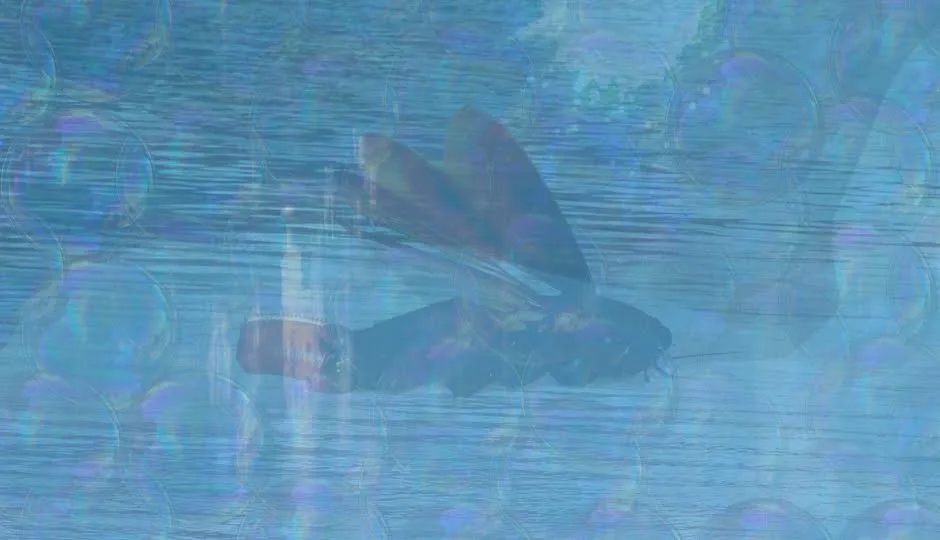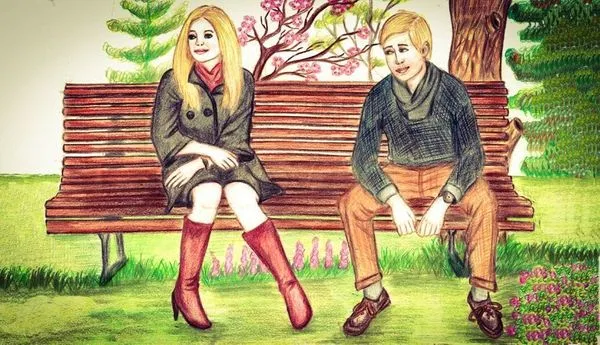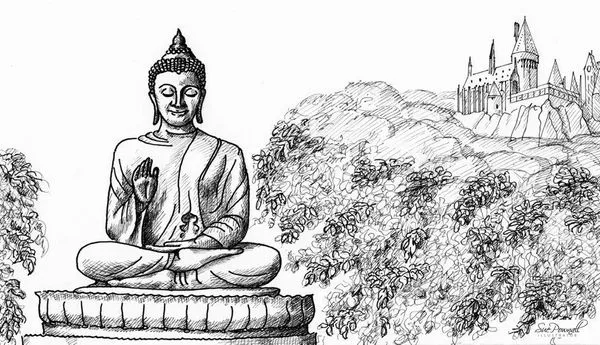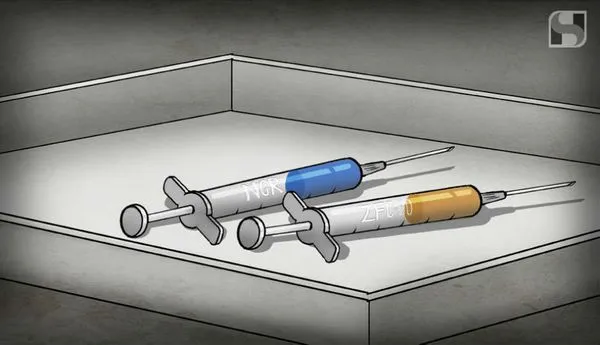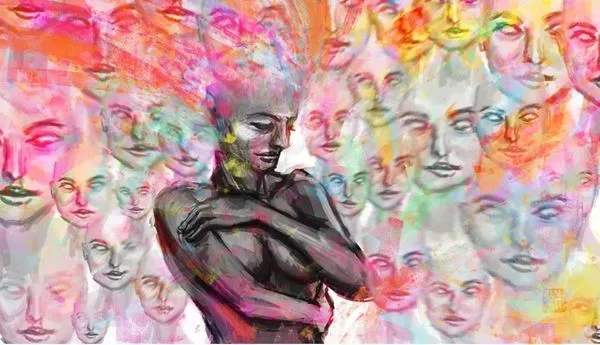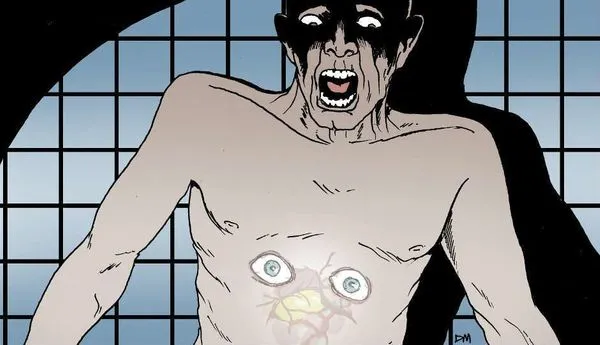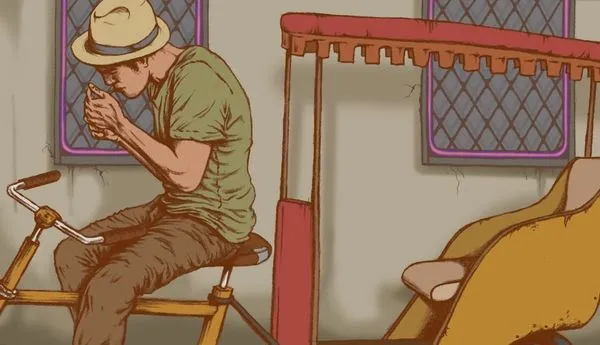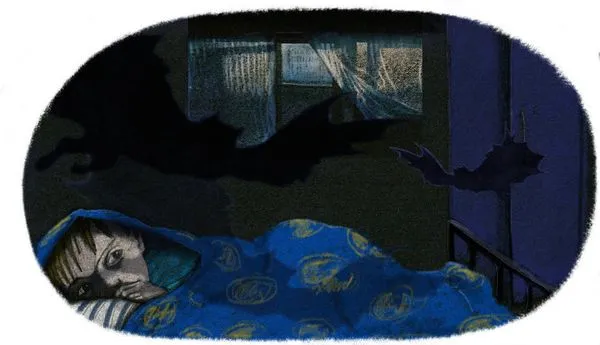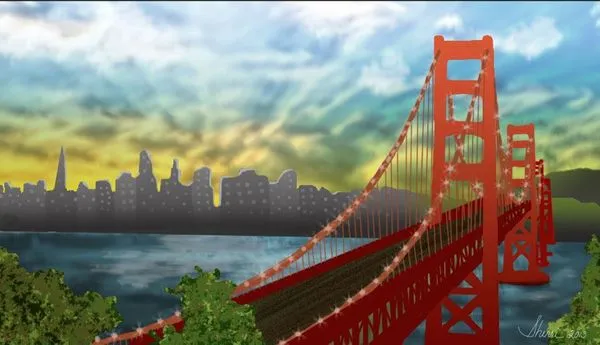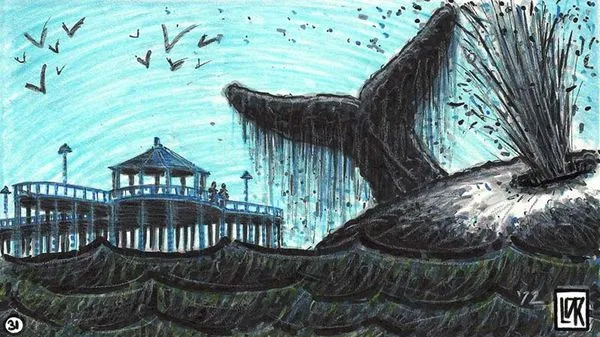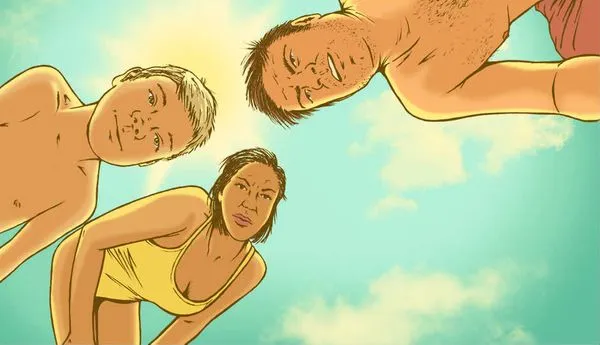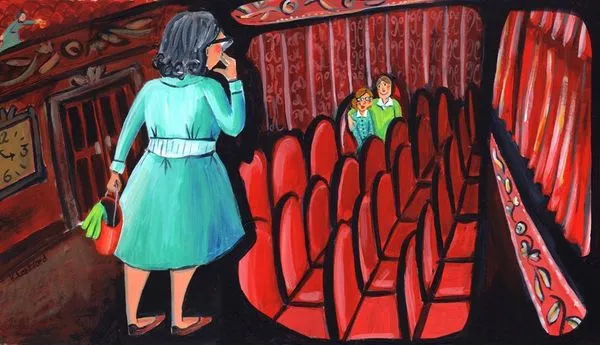Inversion
Brian Biswas | Christine Stoddard
Published on 2015-08-22
“Dreams are corporeal in nature,” James said. “A manifestation of the other world breaking through.”
The psychiatrist, who had been writing feverishly on a yellow notepad, paused. “You mean that dreams are an expression of the subconscious mind, one’s thoughts and desires as they bubble to the surface.”
“No,” said James slowly. “That is not what I meant.”
The psychiatrist frowned. “Go on.”
“There is a world which reveals itself in dreams,” James continued. “But it is a real world, not an imagined one.” He rapped on the ruby-red sofa on which he was lying. “As real as you or me.” He paused. “Your use of the word ‘bubble’ is interesting. Have you also had contact with this world?”
The psychiatrist scratched an appendage. He’s nervous, James thought.
“I don’t believe so,” the psychiatrist said. “It’s possible, I suppose; in my dreams, I mean; I don’t know how I would have recognized it….” He looked at James intently. “Tell me more about it.”
James looked the psychiatrist up and down as if trying to decide how much he should reveal. Then he spoke: ” The juxtaposition of our world with another in an n-degree typological space is a concept much discussed by scientists. The possibility is enticing: such a juxtaposition might provide a way to communicate with other worlds. And not only is it enticing, but I can say, with absolute certainty, that it is in fact true!
“Our world is an iridescent bubble adrift in an eternal sea of quantum froth. There are many such worlds, perhaps an infinite number. They form in the depths and quickly rise to the surface, where, for the most part, they live out their existence, gently expanding until they burst and return their elements to the froth. Occasionally, however, two bubbles meet at a point called a portal. A conscious entity. A mind.”
“And you believe you are such an entity?”
“We all are.”
“You don’t mean to suggest—”
“Doctor, we are—all of us—communication sockets!”
“I see.”
“The lifetime of these bubbles is many millennia. The bubble I am in contact with formed, I believe, some four billion years ago, contemporaneously with our bubble. It is a fascinating place, populated with bizarre creatures. That they are intelligent is evident from the manner in which they have transformed their world. Their mannerisms are strange, their customs stranger, though I suppose ours would seem strange to them as well. There is one creature—I call it ‘Sally’—with whom I wish to communicate. But I fear that if I were to make my intentions known she would withdraw into one of the metallic structures in which they reside, perhaps to notify others of her kind, others who would undoubtedly attempt to eradicate me. They seem prone to violence.”
The psychiatrist reached into a drawer and pulled out a second notepad (he had filled the first). He coughed several times and blew his nose into a lavender handkerchief. “And you wish me to help you with this ‘Sally,’ to help you overcome your fear of establishing relations with … um … an alternate sex?”
James was silent. He looked out the window opposite, at a blood-red sky streaked with rays of orange and violet. “Yes,” he said softly.
“Excellent!” the psychiatrist exclaimed. “And I think I can help you.” He paused. “But not today. For now, our time is up.”
“Same time next week?” It was Wendy, the receptionist.
James nodded. Wendy had been there since James’s first appointment, which was nearly a year ago. She was cheery, kind, and thoughtful. He would never forget the day he’d broken into tears in the waiting room; his only friend had perished the night before in a transportation incident; Wendy came to his side and consoled him until the psychiatrist called.
She wrote something in the appointment book, then looked up and flashed a smile.
She was quite attractive as well, James thought. He would have loved to ask for her phone number, but he had no wish to be humiliated by a refusal.
“Good day,” he said as he shuffled out the door.
In the dizzying heat of early afternoon, James pondered his situation. At this very moment the psychiatrist was undoubtedly pouring through his notes, analyzing James’s symptoms, and writing his conclusion for the learned members of the Psychiatric Committee on Recalcitrant Patients: James McFarland was a nut. But James knew what he knew. And what he had seen. He knew Earth existed and that he would visit it one day. And, if the psychiatrist was successful in helping him allay his fears, he might even drum up the courage to ask Wendy to accompany him.
Swinging his proboscis, a dozen silky antennae swaying in a humid breeze, James disappeared down the empty street.

